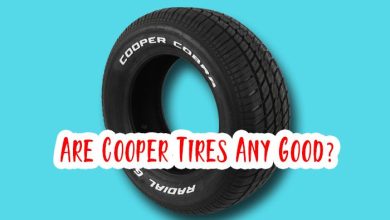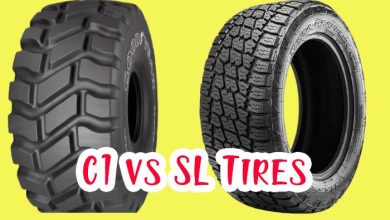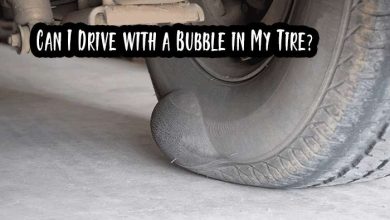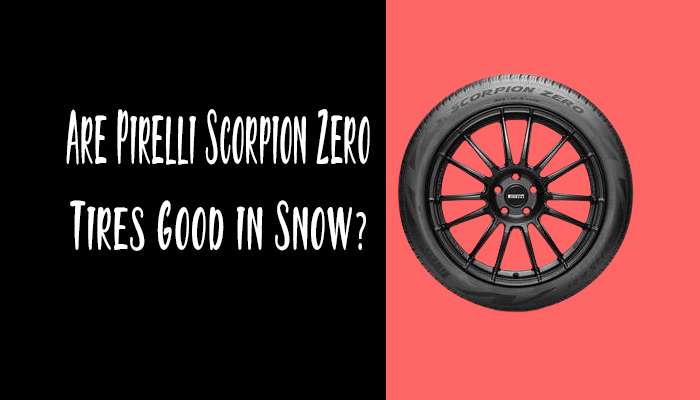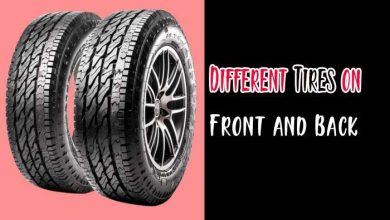Benefits of Nitrogen Filled Tires | Are They Worth?
Greetings, fellow road enthusiasts! Today, let’s delve into the tire world, specifically the game-changer – nitrogen-filled tires. Buckle up as we explore the dynamic realm of tire expertise, uncovering the mysteries behind the rubber that keeps us rolling.
Understanding Nitrogen
Ah, the air we breathe and the air that powers our tires. But what if I told you there’s a better alternative? Enter nitrogen, the unsung hero of tire inflation. Nitrogen, with its larger molecules, maintains tire pressure for a more extended period. Say goodbye to frequent pressure checks and hello to a smoother ride.
Read Also: Benefits Of Tubeless Tires
Benefits of Nitrogen Filled Tires
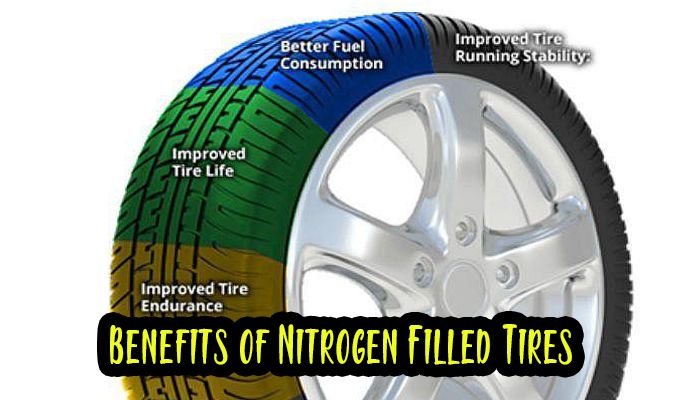
Nitrogen-filled tires have several benefits over tires filled with regular air, including:
1. Slower tire pressure loss.
Nitrogen molecules are more significant than oxygen molecules, so they escape through the porous rubber of tires more slowly. This means that nitrogen-filled tires maintain their pressure longer, which can lead to improved fuel economy and longer tire life.
2. Reduced risk of blowouts.
Properly inflated tires are less likely to experience blowouts, and nitrogen-filled tires are less likely to lose pressure over time. This can help reduce the risk of blowouts, especially in hot weather or driving at high speeds.
3. Improved fuel economy.
Nitrogen-filled tires can help to improve fuel economy by reducing rolling resistance. This is because nitrogen-filled tires maintain their pressure better than tires filled with regular air, reducing friction between the tire and the road.
4. Extended tire life.
Nitrogen-filled tires can last longer than regular air ones because they are less susceptible to oxidation and corrosion. Nitrogen is an inert gas that does not react with other elements.
5. Reduced environmental impact.
Nitrogen-filled tires can help to reduce the environmental impact of driving by reducing emissions and fuel consumption. Nitrogen is also a non-flammable gas, which can help reduce the fire risk.
Overall, nitrogen-filled tires offer several benefits over tires filled with regular air. However, it is essential to note that nitrogen-filled tires are not a replacement for proper tire maintenance. Tires should still be inspected and inflated regularly, whether filled with nitrogen or air.
In addition to the benefits listed above, nitrogen-filled tires are used in several specialized applications, such as aviation, racing, and heavy-duty vehicles. In these applications, nitrogen-filled tires can offer significant advantages over tires filled with regular air, such as improved performance, safety, and durability.
Nitrogen in Motorsports
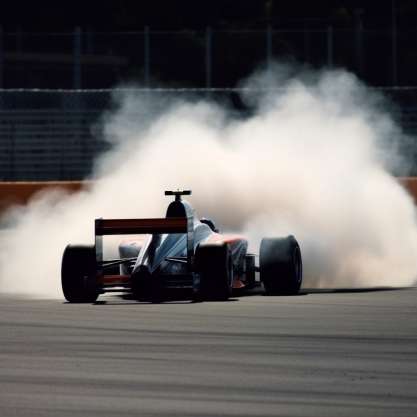
What’s under the hood matters, but what’s beneath those wheels matters just as much in the high-octane world of motorsports. Nitrogen, a favorite in this arena, is the go-to for professional racers. Why?
It’s all about precision, stability, and the assurance of peak performance during those hairpin turns and adrenaline-pumping straights. Read my recent post – Are Continental Tires Good?
Nitrogen vs. Other Inflation Alternatives
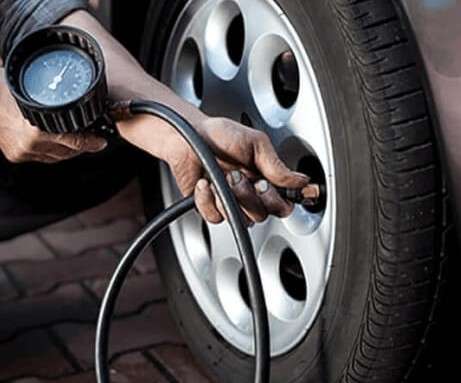
1. Nitrogen vs. Air
Air-filled tires are the traditional go-to, but they come with their baggage—literally. Oxygen, moisture, and other impurities in the air can lead to more pressure variations due to temperature changes. Nitrogen, with its stability and dry properties, offers a consistent pressure environment for your tires.
2. Nitrogen vs. CO2
CO2 might be a quick fix in emergencies, but it lacks nitrogen’s stability. CO2’s tendency to seep through rubber more quickly can leave your tires deflated sooner than expected.
Conclusion
Let’s not reinvent the wheel; instead, let’s optimize it. Embracing nitrogen-filled tires isn’t just a trend; it’s a step towards safer, more efficient journeys. So, join the conversation, share your thoughts, and let’s roll towards better, smoother rides.
Reference Link
Glossary
- Inert Gas: A gas that does not undergo chemical reactions under conditions.
- Oxidation: The process where a substance combines with oxygen.
